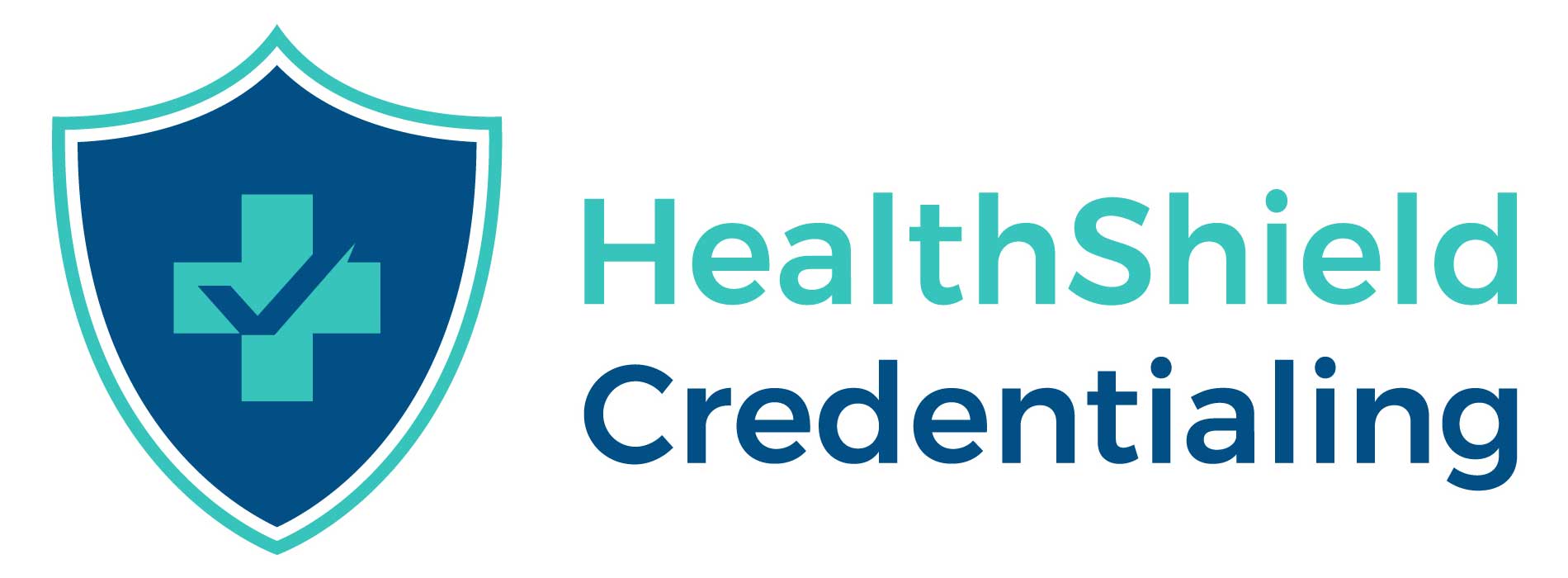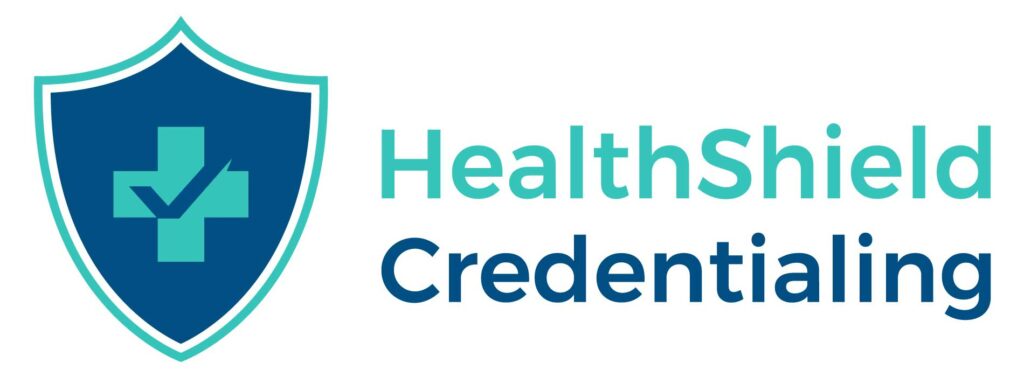A business’s formula for success is not complete without the right accountant. The accountant will handle some of the most important aspects of your business, which is your finances and taxes, so choosing the right accountant for your business is a crucial decision that can significantly impact your financial stability and success. Not all accountants are the same. How do you choose the right accountant for you?
The relationship between a business and its accountant is one of critical partnership and trust. It’s a symbiotic relationship where the accountant serves as a financial advisor and strategic partner to the business, helping it navigate complex financial matters and make informed decisions.
Here are some pointers on how to find your perfect match:
Assess your Needs and Goals
Clearly outline your financial needs, whether it’s tax planning, bookkeeping, financial advice, or a combination of services. Set your financial goals and communicate them. Whether it’s minimizing taxes, maximizing deductions, or improving financial efficiency, your goals will guide the accountant’s approach. An accountant’s role in your business is not just to keep your books but also to be your trusted partner that will help you achieve your business plans and other financial goals.
Questions to consider:
- Are you an independent contractor, self-employed or a small-business owner?
- Starting a private practice? Are you a ‘company of one?” Do you want employees and want a large firm?
- Do you need someone to just keep your books? Or do you just want someone to prepare your taxes? If you are a locum tenens traveler, do they understand the concept of “tax home?” If you are a CRNA, do they know credentialing?
- What is your vision for your business? What do you wish to achieve?
- What are your personal goals? Planning to buy a house or getting married.
- What are your financial plans for the future and for your retirement? How do you plan to achieve them?
Ask your Network and the People you Admire!
Start your search for the right accountant by asking fellow business owners in your industry. Take advantage of the business community you are a part of by asking for recommendations and referrals.
Questions to ask your friends and family who are self-employed or business-owners:
- Would they recommend their accountant? Why and why not?
- What did you look for in an accountant. Knowing their experience and advice can give you some insights.
You can also verify an accountant’s credibility by checking their client’s reviews on Facebook, Instagram, LinkedIn, and other social media sites for an accountant.
But do exercise caution. Sometimes what works for them may not work for you. Choosing your accountant should be personal to you.
Not Every Accountant or Firm is the Same
There are a lot of choices – there are certified bookkeepers, enrolled agents, certified financial planners, certified management accountants, tax attorneys and certified public accountants. Depending on your personal needs, business and budget will determine your choice.
Look for an accountant with a level of expertise and experience that will help your business grow. Without a doubt, find an accountant that knows your industry. You don’t want an accountant that can only prepare your books and provide you with reports. You need an accountant that can translate your financial condition to you. Look for an accountant that adds value to your business. Additionally, look for an accountant who will follow your values.
Different professions in finance and accounting that may be helpful among others:
- Certified Public Accountant (CPA): Professional designation granted to accountants in the United States who have passed the Uniform Certified Public Accountant Examination (CPA Exam) and met additional state-specific education and experience requirements. CPAs are licensed by state boards of accountancy and must maintain their license through continuing education and periodic renewal. Not all accountants are CPAs.
- Enrolled Agent (EA): Tax professionals authorized by the U.S. government to represent taxpayers in matters regarding the Internal Revenue Service (IRS). They can advise, represent, and prepare tax returns for individuals, businesses, and organizations.
- Certified Management Accountant (CMA): Professionals focused on management accounting and financial management. They typically work within organizations and assist in decision-making based on financial data.
- Certified Financial Planner (CFP): Professionals who help individuals and businesses manage their finances, investments, and overall financial planning. They consider various aspects like taxes, investments, retirement planning, estate planning, and more.
- Bookkeepers: Responsible for maintaining accurate financial records for a business. They handle tasks like recording financial transactions, managing payroll, reconciling bank statements, and generating financial reports.
These professionals play crucial roles in financial management, planning, and ensuring compliance with regulations. Depending on your needs, you might engage one or more of these professionals to help with your financial matters.
The Interview
Do not skip this step!
Arrange meetings with potential accountant to discuss your needs, financial situation, and goals. Ask about their experience with contractor clients, services offered, fee structure, and availability.
The interview is the final confirmation if the accountant is the right one for you. After conducting your investigation into the qualifications and background of your prospective accountant -this stage will confirm or deny your initial evaluation of the accountant. The interview will also help you determine if you have compatibility with one another.
Questions to ask in the interview:
- What measures they suggest that will help your business save money.
- Observe if they understand the nature of your business.
- What is their approach towards doing business – is it proactive? Is it holistic?
- Do you speak the same language?
- How do they communicate?
- Do they have multiple ways set up to get in contact?
- What is their availability to accommodate your needs, especially during peak financial period or tax seasons.
Evaluate Communication and Compatibility:
Last but most definitely not least – compatibility, chemistry, and communication!
Compatibility is an important part in choosing the right accountant or your right partner. Assess how well you communicate with the accountant. They should be approachable, responsive, and able to explain complex financial matters in a way you understand.You need to know that you can speak plainly, work well together, and most importantly, trust each other to ensure you’re comfortable working with them and confident in their abilities to handle your financial matters.
Take Home
Choosing the right accountant is fundamental for the financial success and compliance of your business. The relationship between a business and its accountant is multifaceted, encompassing financial management, compliance, strategic decision-making, and long-term planning. It’s a partnership based on trust, expertise, and a shared goal of achieving financial success and stability for the business. Take the time to research, interview, and select an accountant who aligns with your financial needs and goals.
About The Author: Your 1099 Accountant
You may want to consult and work with 1099 Accountant – We offer online bookkeeping, online advisory services and online tax and accounting services. We offer reasonable rates. We only work with independent contractors, freelancers, and one-person business. We work with locum tenens from California to New York City and everywhere in between. Yes, even Hawaii! Contact us toll-free (855)529-1099 or make an appointment for a free consultation. Contact Us – Accountant (1099accountant.com)







